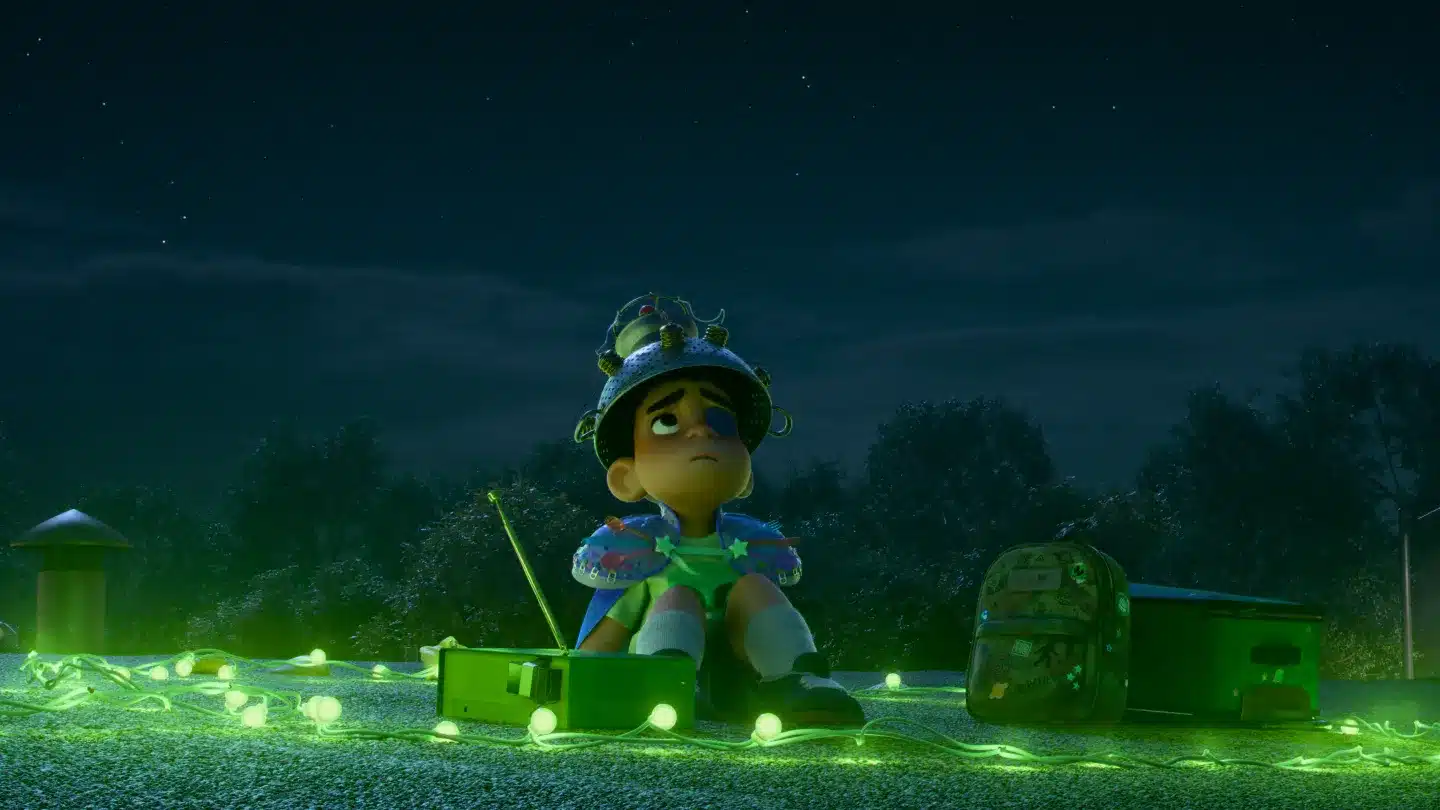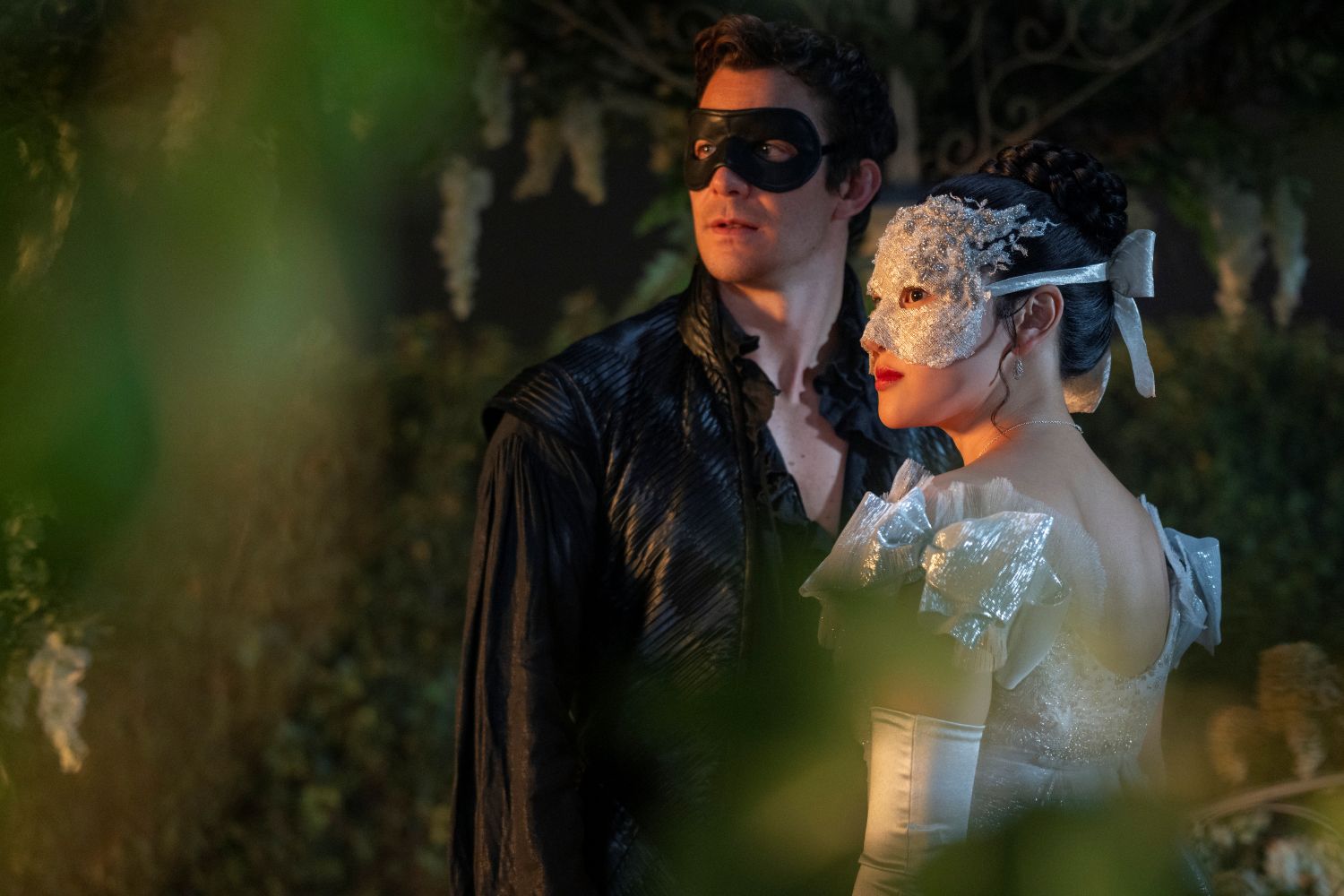‘Gong Xi Gong Xi’ is perhaps the most popular Chinese New Year song but its history is actually darker than its celebratory music suggests.
Sung all over the world during Chinese New Year, ‘Gong Xi Gong Xi’ is undoubtedly the most famous song to welcome in the new year. Without fail, every Chinese New Year the song’s catchy chorus and traditional instrumentation can be heard in Chinatowns across the globe.
However, the iconic and song that is exclusively sung during Chinese New Year was actually never intended for Chinese New Year.
Written by Shanghainese native composer Chen Gexin, the song first celebrataed China’s victory and liberation after Japan’s defeat at the end of the Second Sino-Japanese War in 1945.
The song’s English translation ‘Gong Xi Gong Xi’ (恭喜恭喜) is often written as ‘Wishing You Prosperity and Happiness’ but its literal translation is “congratulations, congratulations”. The congratulatory greetings don’t refer to Chinese New Year but instead references one of the most atrocious, horrendous and darkest marks in China’s history.
An estimated 15-20 million people were killed in China during the Second Sino-Japanese War ((7 July 1937 to 9 September 1945). It is regarded as the largest Asian war in the 20th century and has garnered further notriety due to the Nanking Masscare that took place during the war. AKA the Rape of Nanking, Japanese soldiers barbarically tortruted, tormented, raped and killed between 40,000 to 3000,000 civilians and soldiers in Nanjing – the capital city of China at the time.
Inhumane and brutal methods of torture were carried out on the Nanjing people including decapitation, drowning, shooting, stabbing, mutilation, burning and boiling. Unspeakable acts were carried out to women and children.
Even Chen Gexin was jailed and tortured by the Imperial Japanese Army for writing his patrotic songs during the war.
Whilst the chorus of ‘Gong Xi Gong Xi’ is indeed catchy, the song is actually written in a minor key; its melancholy feel reflecting the China’s bittersweet triumph and survival following the attrocities of the war. The last two lines of the song were intended to imitate the beat of a traditional Chinese drum.
In Mandarin, the phrase ‘gong xi gong xi’ is used to welcome in the arrival of spring and new year, which is why the song became synoymous with Chinese New Year celebrations. The war song’s connection with Chinese New Year dates back to the 1950s.
Today, ‘Gong Xi Gong Xi’ is exclusively a Chinese New Year song and many have forgotten or simply do not know about its origins. In any case, reviewing the song’s lyrics sheds a whole new light upon the Chinese New Year classic:













